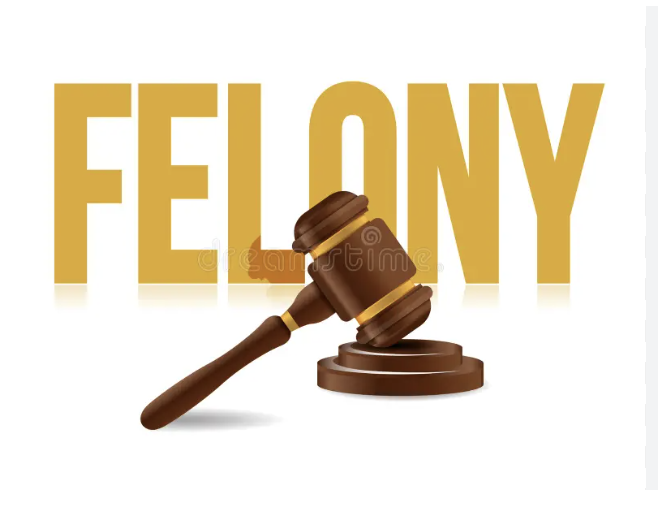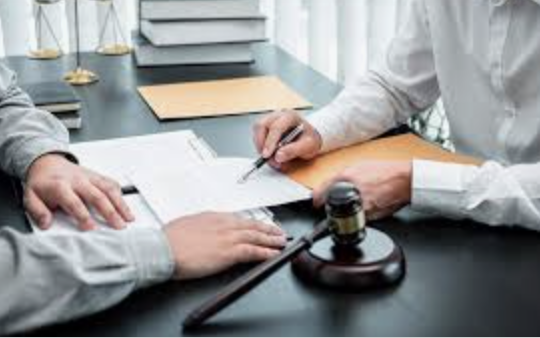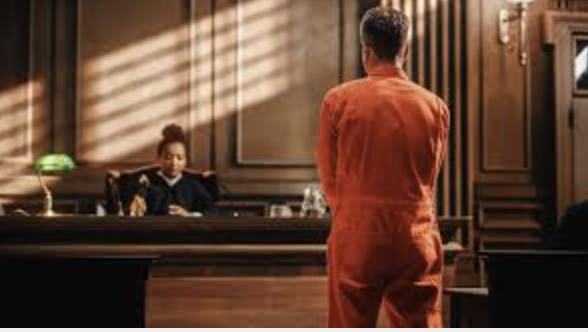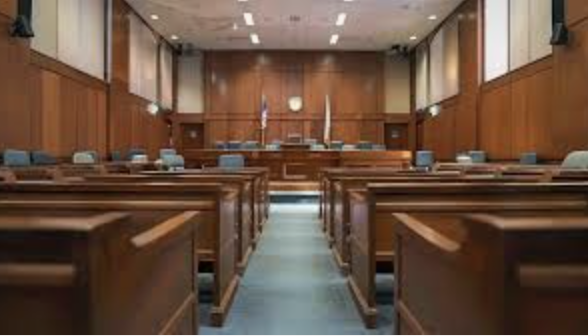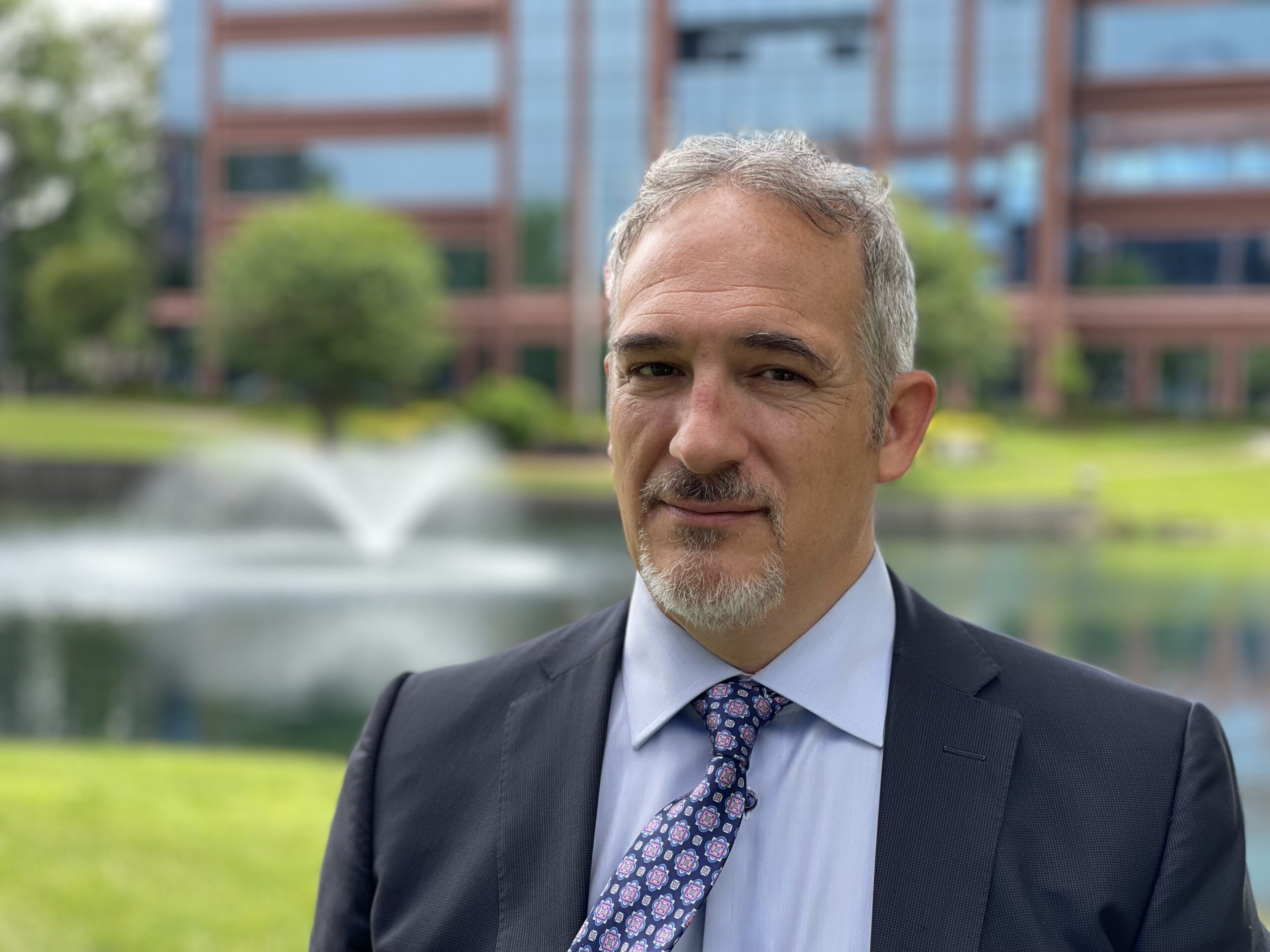Facing a felony charge can feel like the ground has dropped out from under you.
Whether you were arrested after an investigation or learned there’s a warrant for your arrest, the early stages of a felony case in Virginia can be confusing and frightening.
This post explains, in plain English, how felony charges begin, what a grand jury is, and what happens after charges are filed — from arrest to arraignment.
A guide from Cardon Law.
This is general information, not legal advice. For personal guidance, call (757) 306-9060.
1) Two Ways a Felony Charge Begins in Virginia
In Virginia, felony charges can begin in one of two ways — through a magistrate process or through a grand jury indictment.
The difference depends on how the evidence is presented and who initiates the case.
A. The Magistrate Process — Police, Detectives, or Victims File Charges
The first and most common path starts when:
- A police officer, detective, or sometimes even a victim presents evidence or a sworn statement to a magistrate.
- The magistrate reviews the evidence and determines whether there’s probable cause to believe a crime was committed and that the accused person committed it.
If probable cause exists, the magistrate issues:
- A warrant of arrest, or
- A summons directing the person to appear in court.
These charges typically begin in the General District Court, where early hearings like bond, counsel appointment, and the preliminary hearing take place before any transfer to Circuit Court.
B. The Grand Jury Indictment — The Commonwealth’s Attorney Initiates Charges
The second way a felony charge can start is when the Commonwealth’s Attorney (the prosecutor) presents evidence directly to a grand jury.
A grand jury is a group of five to seven citizens who meet privately to review evidence the prosecutor provides.
Their job is not to decide guilt or innocence — but to determine whether there is enough evidence (probable cause) to formally charge the person and send the case to Circuit Court.
If the grand jury agrees, they return what’s called a “true bill” of indictment.
That indictment itself becomes the formal charging document.
2) Why Cases Begin One Way or the Other
The method used often depends on how the investigation developed:
- Magistrate process:
Used when police or victims report a crime and act quickly to get a warrant — for example, after a traffic stop, domestic assault, or theft.
The case then begins in General District Court for initial hearings. - Grand jury process:
Used when a case involves ongoing investigation, complex evidence, or serious felonies like drug distribution, fraud, or violent crimes.
Prosecutors use the grand jury when they want to control how and when charges are filed, usually after gathering substantial evidence first.
Sometimes, a case may even start in District Court and later be indicted by a grand jury once the Commonwealth’s Attorney takes it to Circuit Court for trial.
3) After Charges Are Filed — Arrest and Booking
Once felony charges are filed, the next step is arrest.
Depending on the situation:
- Police may arrest the defendant immediately upon issuance of the warrant, or
- The defendant may learn of the warrant and turn themselves in voluntarily (often recommended through an attorney).
After arrest, the person is booked — meaning fingerprints, photographs, and personal information are entered into the system.
In Virginia, defendants are typically taken before a magistrate for an initial bond hearing to determine whether they can be released pending trial.
4) The Arraignment — Your First Court Appearance
The arraignment is the first formal court appearance after arrest.
It usually takes place within a few days, either in General District Court or Circuit Court depending on how the case was initiated.
At arraignment, the judge will:
- Inform the defendant of the charges
- Explain the right to an attorney
- Schedule the next court date (often a preliminary hearing or trial date)
- Address bond conditions if not already set
If the defendant cannot afford an attorney, the court will determine eligibility for a court-appointed lawyer under Virginia Code § 19.2-159.
Quick Checklist: Early Stages of a Felony Case
| ✅ Stage | 💡 What Happens |
|---|---|
| Police/magistrate process | Officer or victim presents evidence to magistrate → warrant issued |
| Grand jury indictment | Prosecutor presents case to citizens → true bill returned |
| Arrest & booking | Defendant taken into custody, processed, and brought before magistrate |
| Bond hearing | Judge or magistrate decides on pretrial release |
| Arraignment | Charges read, attorney appointed or retained, next court date set |
FAQ
What’s the difference between a “charge” and an “indictment”?
A charge begins the case — an indictment is the formal written accusation approved by a grand jury.
Can a felony start in District Court and move to Circuit Court?
Yes. Most do. After the preliminary hearing, the Commonwealth’s Attorney may seek an indictment to transfer the case to Circuit Court for trial.
Do I have to testify before the grand jury?
Generally, no. Defendants and defense lawyers are not present. Only the prosecutor and witnesses the Commonwealth calls.
Can a lawyer help before I’m arrested?
Absolutely. An attorney can confirm whether a warrant exists, arrange a voluntary surrender, and advocate for reasonable bond terms.
Facing a Felony Charge in Virginia? Get Legal Help Immediately.
If you’ve been contacted by police, served with a warrant, or believe you’re under investigation, don’t wait.
The earliest stages of a felony case are often the most important for protecting your rights and controlling the outcome.
At Cardon Law, we help clients navigate every stage — from investigation to indictment — with clear communication and aggressive representation.
📞 Free Consultation: (757) 306-9060
📱 24/7 Direct to David A. Cardon: (757) 620-3283
Serving Virginia Beach, Norfolk, Chesapeake, Portsmouth, and Hampton Roads.
